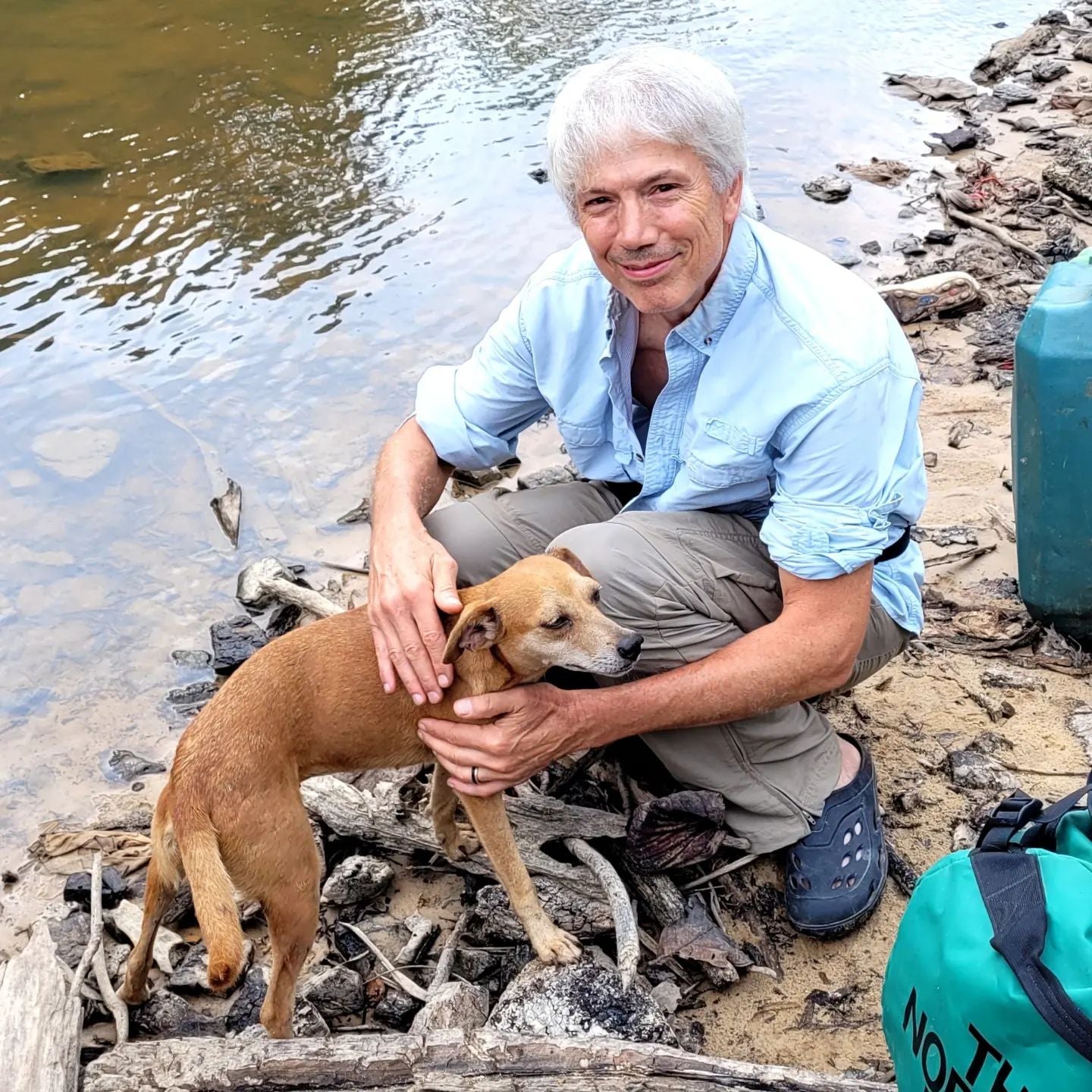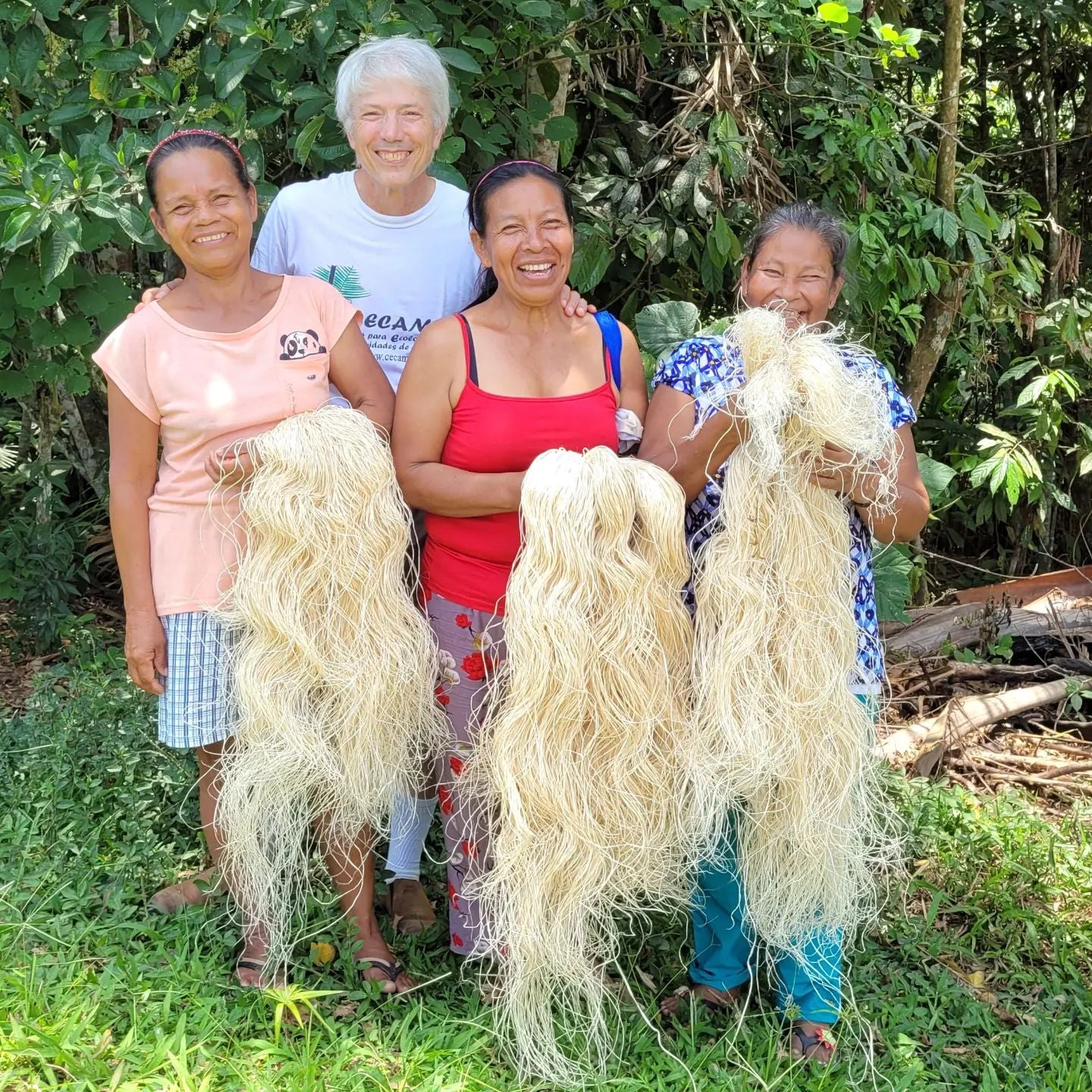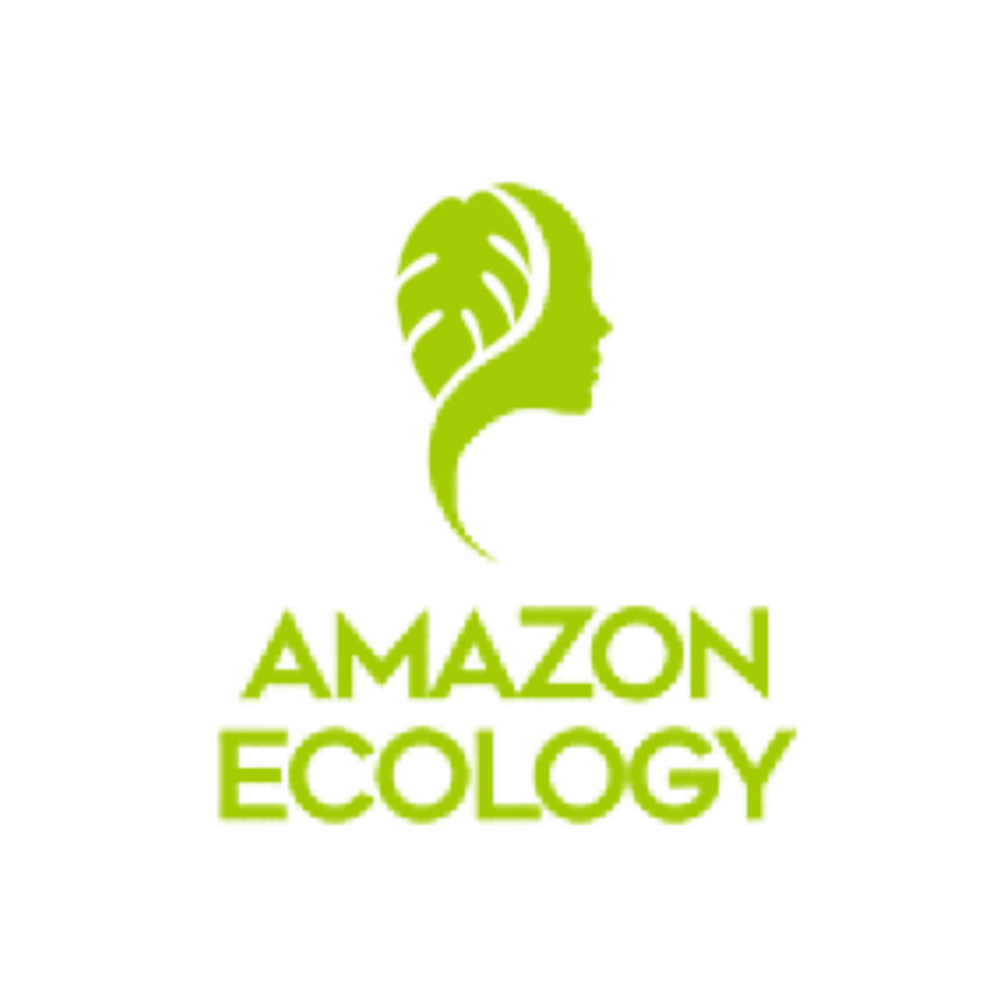by Campbell Plowden
October 9, 2022
The peak of the dry season is usually over here by late August, but one brief shower in Brillo Nuevo did nothing to prevent the Yaguasyacu from shrinking even further when we headed downstream in our wooden boat. We followed closely behind the health post’s metal skiff while our canine friend Café darted over, under and around tangles of branches on the exposed shore.

We had to frequently get off our boats to deal with shallow rapids and wooden debris blocking our way. I chuckled watching six people gather around a submerged log simultaneously voicing their opinion about how to deal with the barrier. They rocked it back and forth and dug sand out from under it with their hands. It finally gave way when the skiff’s driver cut it free with a chainsaw spewing a cascade of water. Each new obstacle required a new combination of applied physics, coordinated brute strength and prayers that the chainsaw wouldn't break.

When Café met a major barrier on land, she halted and sometimes barked. We thought she was ready to give up a few times and go back to Brillo Nuevo, but she always found a way around or swam for a stretch. I was concerned her desire to keep up with us would dangerously exhaust her. Sometimes someone from the skiff or our boat would scoop her up to ride in the bow, but she never relaxed there.

We finally reached Nuevo Peru village in about three and a half hours instead of the usual one. I had been worrying what we could do if Café continued to follow us downriver, but fortunately our driver's uncle called him up to his house and he trotted up without looking back.
Our journey down the Yaguasyacu continued at an erratic pace with frequent stops to wrestle and cut logs while standing on the slippery river bottom. Our trip was not as epic as the infamous Fitzcarraldo debacle, but our humble group was reaching its limits. By mid-afternoon, we finally reached long-enough stretches of navigable water to eat some lunch, and the home stretch down the Ampiyacu was incident free.



We enjoyed our usual chicken dinner in Pebas with no conversation. Overwrought characters on a telenovela provided the only background sound.




